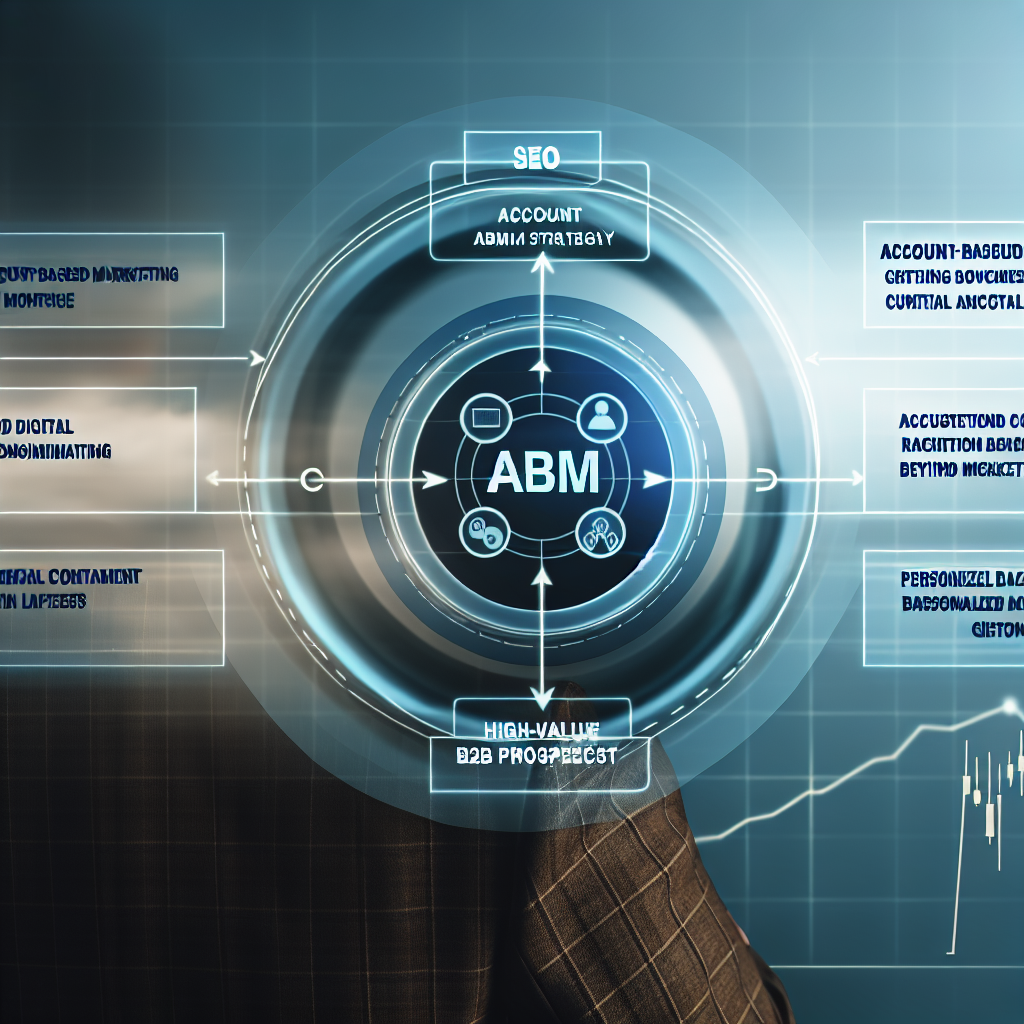How AI is Reshaping SEO Strategies for the C-Suite in 2024
In today’s rapidly evolving digital landscape, artificial intelligence (AI) is not just another tech buzzword—it’s a seismic force that is redefining how businesses approach marketing and search engine optimization (SEO). For C-suite executives, the integration of AI into SEO strategies is no longer a luxury or an experimental phase; it’s a business imperative. As AI-driven tools become more sophisticated, their influence on SEO can dramatically enhance performance metrics, improve customer experiences, and unlock competitive advantages that drive sustainable growth.
AI-Driven SEO: The Future is Now for Executive Strategy
AI’s impact on SEO is grounded not only in technological innovation but also in data-driven application. Several professional and academic studies underscore the transformational benefits of integrating AI into SEO strategies.
One pivotal study from McKinsey & Company identified that businesses using AI in marketing enjoyed revenue increases of up to 20%, while seeing a reduction in customer acquisition costs by up to 30% (source). AI’s ability to understand customer behavior and automate processes gives companies an unprecedented edge in customization and scalability.
In 2023, a Harvard Business Review article explored how AI tools are revolutionizing marketing by integrating natural language processing (NLP) and machine learning algorithms to refine content creation. These tools allow businesses to produce high-quality, SEO-optimized content at scale, reducing time-to-market and amplifying consistency in messaging. With AI-generated content increasingly indistinguishable from human writing, organizations can now maintain constant engagement while refining their voice and targeting via data insights (source).
The Analytics Advantage: Insights That Drive Performance
Another study from Gartner predicted that by the end of 2025, 80% of marketers using AI technologies will have shifted from campaign-based activities to more intuitive, moment-driven experiences (source). This shift aligns perfectly with Google’s increasing emphasis on helpful content and user experience signals as ranking factors—two areas where AI can significantly outperform manual methods.
Additionally, Salesforce’s 2023 “State of Marketing Report” offered compelling insights from over 6,000 marketing leaders, highlighting that 68% of high-performing marketers already use AI to improve campaign performance. More importantly, 60% of C-level marketing leaders confirmed their highest ROI initiatives were closely tied to AI-led predictive insights and automation (source).
From Tools to Transformation: AI-Powered Platforms Taking the Lead
From a technical SEO perspective, AI also enhances real-time web auditing and optimization through platforms like Clearscope, SurferSEO, and MarketMuse. These tools use AI to analyze readability, semantic relevance, internal linking structures, and competitive benchmarking, providing granular data that marketers can use to outperform their rivals in SERPs.
Furthermore, Google’s AI algorithm updates—such as BERT (2019) and MUM (2021)—marked significant turning points in search behavior analysis. BERT improved natural language understanding by 15% globally, while MUM leverages multimodal data to contextualize search much like a human expert (source). These advances mean that search experiences are increasingly intuitive, and only content that truly answers search intent is rewarded.
C-Suite Takeaway: Make AI a Cornerstone of Your SEO Growth Strategy
AI is no longer the future of SEO—it’s the present. For C-suite marketing and SEO professionals, embracing artificial intelligence is essential for creating resilient, dynamic, and data-driven strategies that meet the evolving demands of today’s digital-first customers. The companies that stay ahead aren’t just using AI—they’re making it a cornerstone of their growth strategy.
Concise Summary:
Artificial intelligence (AI) is transforming search engine optimization (SEO) strategies for businesses. C-suite executives must embrace AI-driven tools and platforms to enhance performance, improve customer experiences, and gain a competitive edge. AI enables data-driven insights, content personalization, and real-time optimization – reshaping how companies approach organic visibility and digital growth in 2024 and beyond.
References:
[1] McKinsey & Company – The State of AI in 2022
[2] Harvard Business Review – How AI Tools Are Changing Marketing
[3] Gartner – The Future of Marketing with AI
[4] Salesforce – State of Marketing Report 2023
[5] Google AI Blog – Understanding MUM and BERT

Dominic E. is a passionate filmmaker navigating the exciting intersection of art and science. By day, he delves into the complexities of the human body as a full-time medical writer, meticulously translating intricate medical concepts into accessible and engaging narratives. By night, he explores the boundless realm of cinematic storytelling, crafting narratives that evoke emotion and challenge perspectives.
Film Student and Full-time Medical Writer for ContentVendor.com
